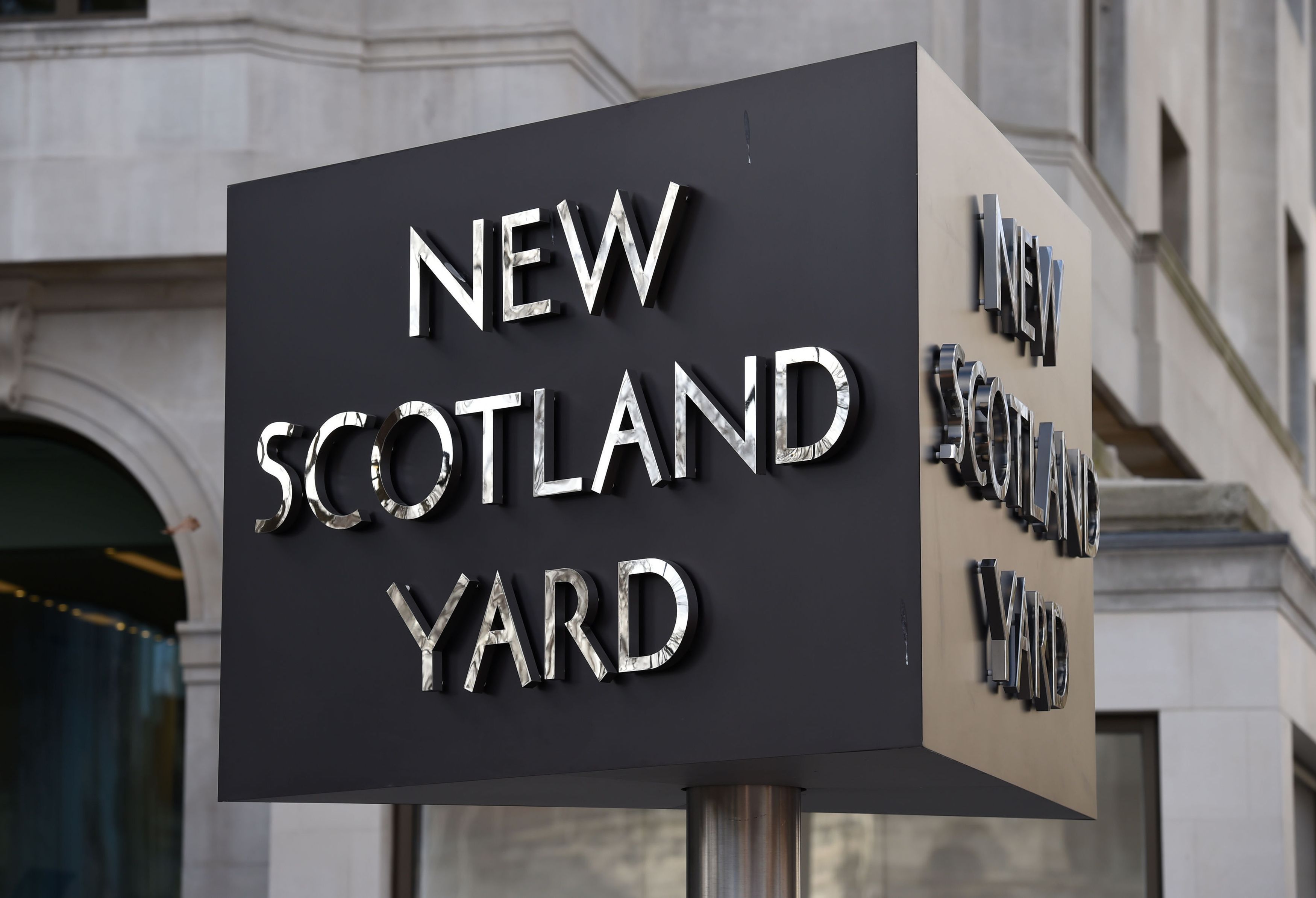Don't Miss
Most Read
Trending on GB News
Deputy Assistant Commissioner Matt Twist, Counter Terrorism Policing's Senior National Coordinator for Protect and Prepare, confirmed that the tempo of operations remains high.
Authorities are currently running 800 live counter-terror investigations.
In a speech to the International Security Expo in London, the Deputy Assistant Commissioner said that many less sophisticated plots were often "harder to spot and therefore harder to stop".
The official terrorism threat level, set by the independent Joint Terrorism Analysis Centre (JTAC) is SUBSTANTIAL, meaning an attack is likely.
He added: "We must be clear: the threat remains present, ongoing, and serious and we all need to remain vigilant."
DAC Twist said that currently, the assessment is that the terrorist threat is primarily from self-initiated terrorists who are difficult to detect and can be volatile.
He said: "The most likely methods of attack remain low sophistication – using knives or vehicles, however we have to remain alert for more complex methods and plots."
The official terrorism threat level is SUBSTANTIAL
Danny Lawson
He told the conference that the murder of Conservative MP Sir David Amess in October 2021 and the suicide bomb attack at the Liverpool women’s hospital in November 2021 were very recent reminders of the devastation a sole attacker can cause.
In terms of the nature of the threat, the senior officer said: "We are seeing increasingly that people are becoming radicalised online, without external plotting, support or direction.
"The scale of this was likely amplified during the Covid-19 pandemic, and the increasing isolation of many. It is not clear we have seen the full implications of this yet."
The Deputy Assistant Commissioner said authorities were are also seeing mental ill health as an increasingly prominent feature in many of their cases.
He said it means police now have to deepen their work across the board with mental health services.
He continued: "These cases bring further complications in terms of instability, and can include some individuals with weaker or even mixed ideological elements."
DAC Twist said the young age of some of the suspects being investigated was of concern, with an increase inunder 18s being arrested for terrorist offences.
New Scotland Yard
Kirsty O'Connor
The audience heard how the international picture has also become more complex, where the "threat from terrorist groups consolidating in the ungoverned parts of the world cannot be underestimated".
DAC Twist added: "I think we are yet to fully understand the strategic implications for the future domestic CT (Counter Terrorism) threat of the withdrawal of coalition forces from Afghanistan.
"In addition, there are other ungoverned spaces and conflict zones including Syria, Somalia and parts of Sub Saharan Africa."
The Deputy Assistant Commissioners also warned of the likelihood that many weapons from the conflict in Ukraine could eventually find their way into Western European nations, in the same way that the conflict in the Balkans led to a supply of surplus weapons for criminal gangs across Europe.
He said: "We will work very closely across policing and with security partners, particularly the NCA (National Crime Agency) to ensure that weapons from this or any other conflict zone do not find their way to the UK."













